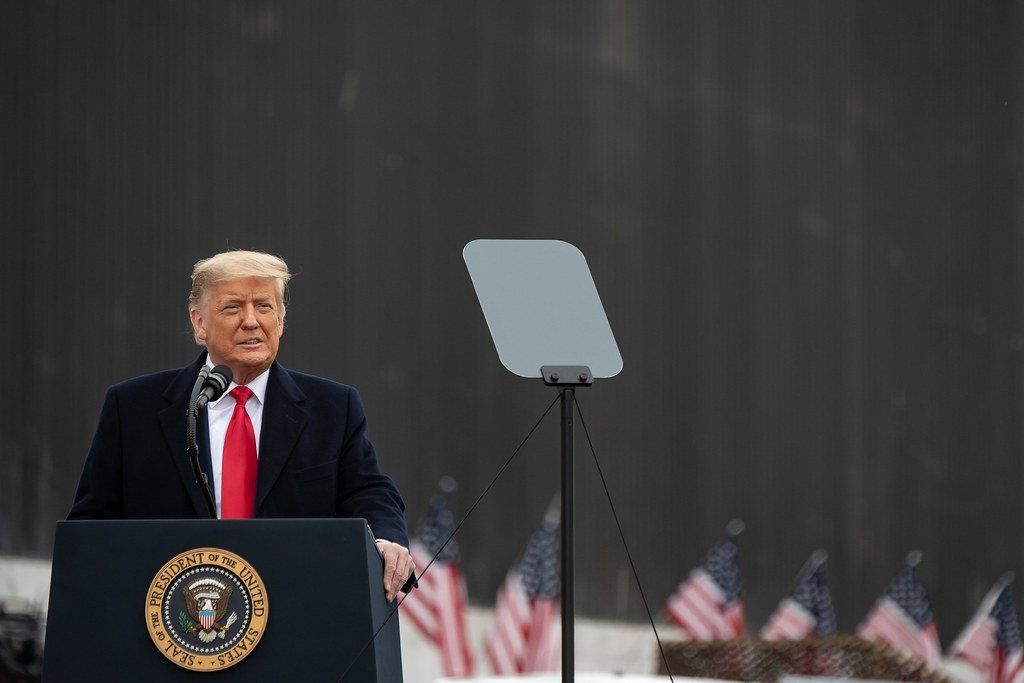In a Wednesday, February 7 op-ed for MSNBC, writer and editor Jordan Rubin explains why there will be three lawyers arguing before the Supreme Court in the case to determine Donald Trump's eligibility for office.
According to Politico, the three attorneys all "have little experience at the high court’s lectern."
Representing the former president, there's "Jonathan Mitchell, a conservative lawyer who is the only one of the three who has ever argued before the Supreme Court. He’s done so five times — and during his most recent case, his legal position so exasperated Justice Elena Kagan that she obliquely and sarcastically referred to him as a genius," Politico notes.
There's Jason Murray, who, Rubin notes, "has the notable distinction of formerly clerking for both Justice Elena Kagan and Neil Gorsuch when the latter was a federal appeals court judge."
READ MORE: Legal scholars tear apart Trump-friendly 'cycle of retribution' arguments
Rubin emphasizes:
If the voters had their way, it would just be those two lawyers making their cases in the Washington courtroom. But Colorado Solicitor General Shannon Stevenson will also appear, on behalf of Colorado Secretary of State Jena Griswold. The voters didn’t want to split argument time, but the justices granted the secretary of state’s motion to divide time and lengthen the hearing. It’s set for 80 minutes total — with Mitchell given 40 minutes, 30 for Murray and 10 for Stevenson. But even typical Supreme Court arguments can go well over the allotted time, and this one should be no exception, so those seeming restrictions might not make a huge difference as to how the hearing actually proceeds.
Politico notes, Though Thursday will be Murray’s first turn before the court," his colleague, Eric Olson "said Murray is the right choice to argue the case. 'The reason why he’s arguing is that our team, after talking through various options, agreed he was the best person for the job, in part because he knows the hardest material in the case the best,' Olson said, pointing to Murray’s expertise in the historical record around the ratification and implementation of the 14th Amendment."
The news outlet also reports, "Stevenson, who became the state’s solicitor general early last year, filed a brief in the case arguing that Colorado has the authority to exclude a candidate from its ballot if that candidate is deemed ineligible by the state’s courts. That is exactly what the Colorado Supreme Court found in this case, and Stevenson is urging the justices to affirm that decision."
READ MORE:What kind of presidential candidate would cause opponents to fear for their lives?
Rubin's full op-ed is available here. Politico's report is here.
From Your Site Articles
- 'Constitutionally unacceptable': GOP lawyer challenges Trump’s eligibility in battleground state ›
- Another state now considering 14th Amendment challenge to Trump’s ballot eligibility ›
- 'Not up to the voters': Watergate prosecutor dispels 'myth' about Trump’s ballot eligibility ›
Related Articles Around the Web
